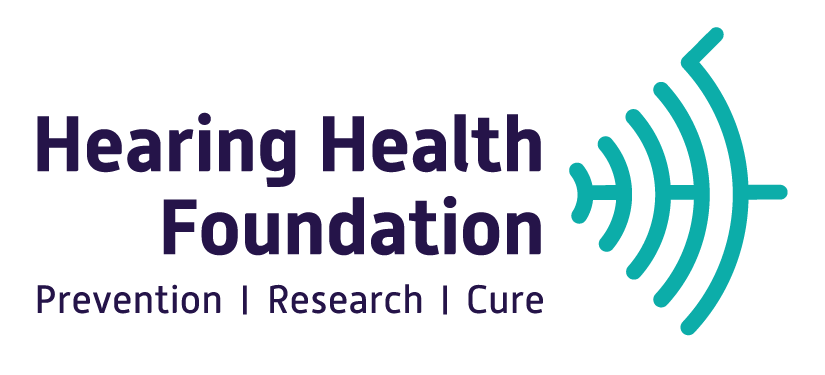As a leading authority on hearing loss research, Hearing Health Foundation (HHF) promotes hearing health through a variety of channels, including outreach to legislators. In early March 2020, HHF and 12 other member organizations of the Friends of the Congressional Hearing Health Caucus authored a letter to urge the U.S. Federal Government’s preservation of the Early Hearing Detection and Intervention (EHDI) initiative.
An estimated two to three out of every 1,000 children in the United States are born with a detectable level of hearing loss in one or both ears.
HHF is a long-time supporter of universal hearing screening for newborns and was instrumental in highlighting the need for similar legislation in the 1990s. In 1993, only 5% of newborns were tested at birth for hearing loss. By 1997, 94% were tested before leaving the hospital, and today 98% of babies are screened before they leave the hospital.
The letter, sent to the Subcommittee on Labor, Health and Human Services, Education, and Related Agencies, a subcommittee within the House Appropriations Committee, reads as follows:
Dear Chairwoman DeLauro, Ranking Member Cole, Chairman Blunt and Ranking Member Murray:
The Friends of the Congressional Hearing Health Caucus writes to urge you to fully fund the Early Hearing Detection and Intervention (EHDI) initiative at its full authorization level of $11.5M to the Centers for Disease Control and Prevention (CDC) and $19M to the Health Resources and Services Administration (HRSA), and support a $507M budget for the National Institute on Deafness and Other Communications Disorders (NIDCD) which is an $17M increase from FY 2020.
The Friends of the Congressional Hearing Health Caucus is comprised of 13 organizations, which aim to provide an educational setting in Congress for discussion of issues related to hearing health. Hearing loss is a serious health condition that impacts more than 38 million adult Americans, and two to three out of every 1,000 children in the United States are born with a detectable level of hearing loss in one or both ears. It is estimated that untreated hearing impairments cost the U.S. economy $56 billion in lost productivity, special education, and medical care. The occurrence of hearing loss in Americans spans a range of age and occupational groups – including infants, school-aged students and adults, war veterans and seniors.
EHDI is one of the nation’s most important public health programs, offering universal early hearing screening and interventions to all newborns, infants, and young children. The EHDI initiative has not received the full authorized funding level since Congress reauthorized the program in 2017. Failure to fund EHDI at its full authorization level may leave thousands of children with undiagnosed hearing loss, and deprive deaf and hard of hearing children from receiving follow-up services that improve language skills and development. When state-based universal newborn hearing screenings were established with the passage of the Child Health Act of 2000, only 46.5% of infants were screened for hearing loss, yet with today’s programs, 98% of infants are screened for hearing loss. Additional resources will assist CDC and HRSA in strengthening hearing loss identification and reduce intervention service gaps. Funding for hearing screenings and early intervention services are a smart investment for the U.S. economy, and saves the country approximately $200 million in education costs each year alone.
Continued increases in funding for the NIDCD are needed to ensure groundbreaking research on communication sciences continues and expands. Increases in funding for the NIDCD will help the Institute develop new and improved treatment and prevention services to address hearing, balance, taste, smell, voice, speech and language disorders. As a whole, the Institute supports and conducts more than 1,300 research projects. NIDCD research grants, career development awards, individual and institutional research training awards, center grants, and contracts generate evidence on which clinical practice is based.
Thank you for your consideration and for your work in this important area of hearing health. Please do not hesitate to reach out with questions. For further information, please feel free to contact Erik Lazdins at elazdins@asha.org.
Sincerely,
The American Academy of Audiology (AAA)
American Academy of Otolaryngology–Head and Neck Surgery (AAO-HNS)
American Cochlear Implant Alliance
Academy of Doctors of Audiology (ADA)
Alexander Graham Bell Association for the Deaf and Hard of Hearing
American Speech-Language-Hearing Association (ASHA)
American Tinnitus Association (ATA)
Ear Community
Gallaudet University
Hearing Health Foundation
Hearing Industries Association (HIA)
Hearing Loss Association of America (HLAA)
International Hearing Society (IHS)


